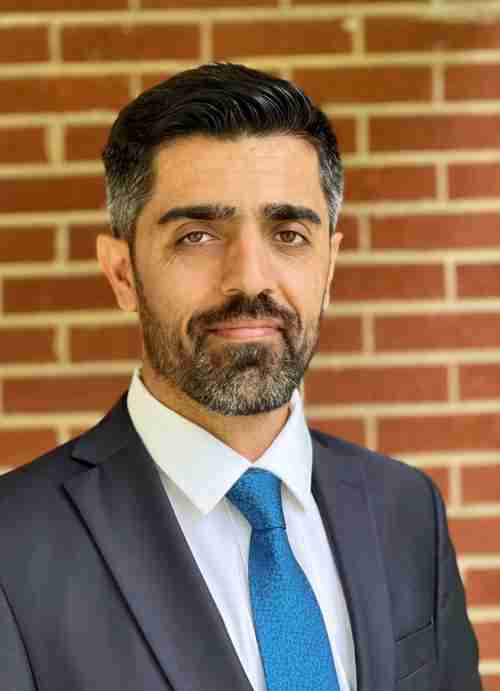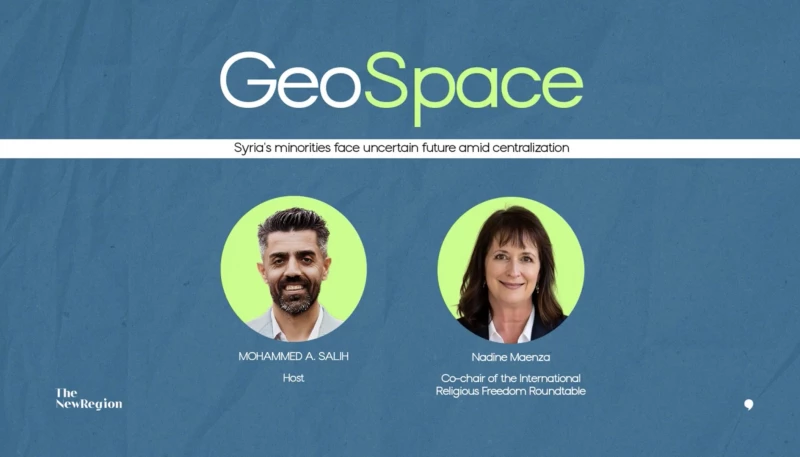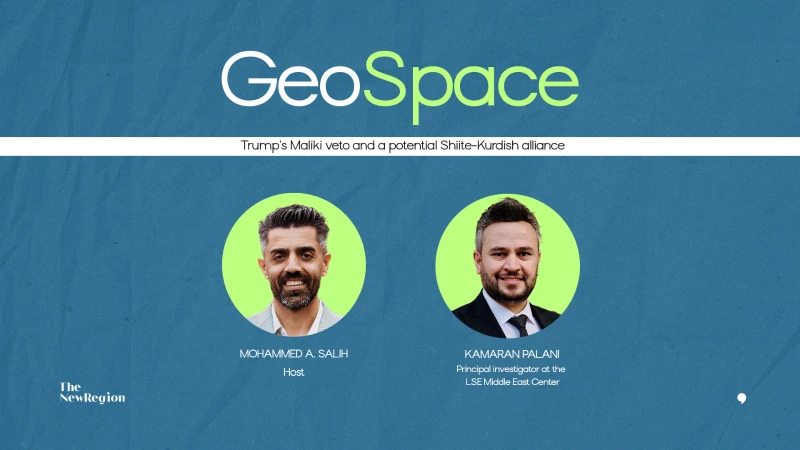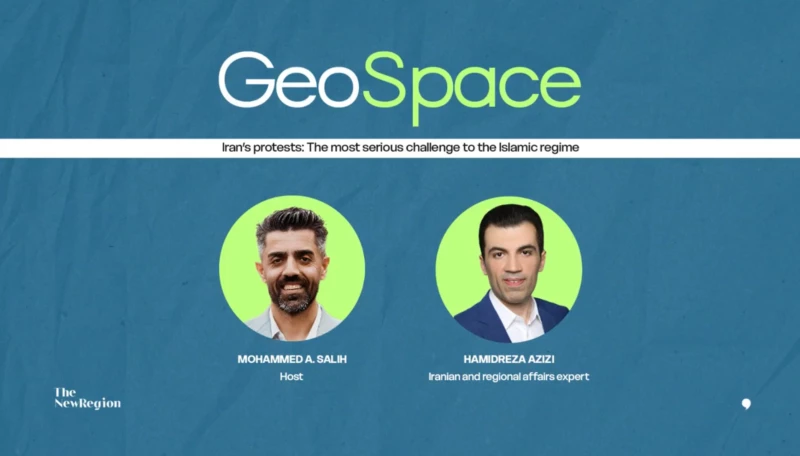In the second episode of The New Region's GeoSpace series, Associate Professor of National Security Affairs at the Naval Postgraduate School in California, Afshon Ostovar, shared his expertise on the US-Iran nuclear negotiations, discussing what they entail and the balance of leverage that the two negotiating sides bring to the table.
Ostovar, who is also a non-resident senior fellow at the Foreign Policy Research Institute, said that he is "more optimistic about a deal," adding that "both sides seem to be more inclined toward a diplomatic solution, the Iranians in particular."
The associate professor noted that Trump, "based on his previous presidency... he is disinclined to enter into new conflict. Period. But especially so in the Middle East."
The Iranian regime has been emphatic that the talks should strictly tackle the nuclear program, the expert added, citing the Iranians' unwillingness to sacrifice their advances in conventional military technology and their influence across the region in the form of proxies.
Tehran, having developed a regional strategy based on proxy forces and ballistic missile capabilities, will not go for a solution where it has to "compromise on its every strategic deterrent," Ostovar suspects.
"In the past, the regime had really significant leverage with the United States...there was always the threat of missiles coming out of Gaza or missiles coming out of Lebanon towards Israel."
This leverage has lost a lot of weight due to Iranian proxies such as Hezbollah having been utterly devastated by Israeli strikes, as well as Iran having lost a strategic foothold following the fall of the Assad regime in Syria, according to Ostovar.
"Iran can't threaten Israel credibly anymore, one because Israel broke the taboo of striking Iran directly itself, and so Iran knows that anything it does against Israel will come back worse for it, and Iran's proxies have been mostly eviscerated."
Ostovar predicts that we will see "some return to the limits imposed by the first JCPOA."


 Facebook
Facebook
 LinkedIn
LinkedIn
 Telegram
Telegram
 X
X


